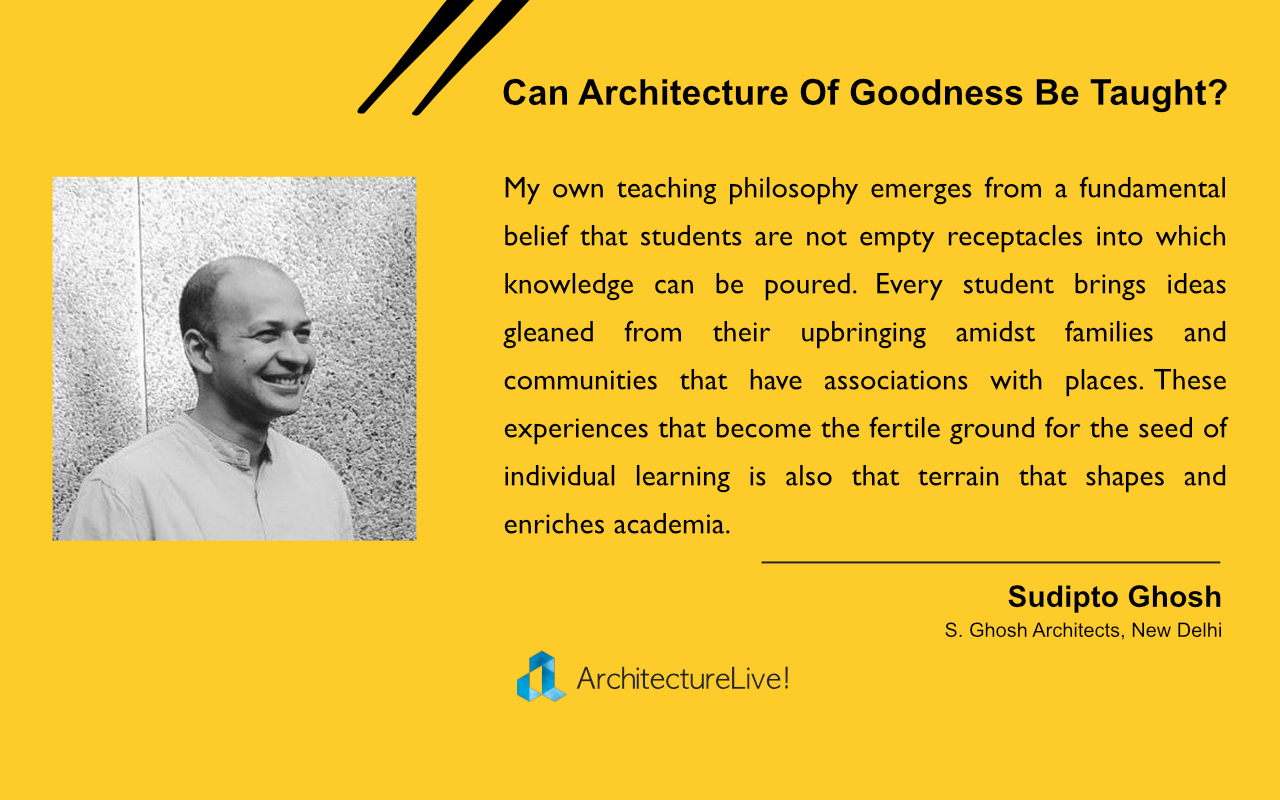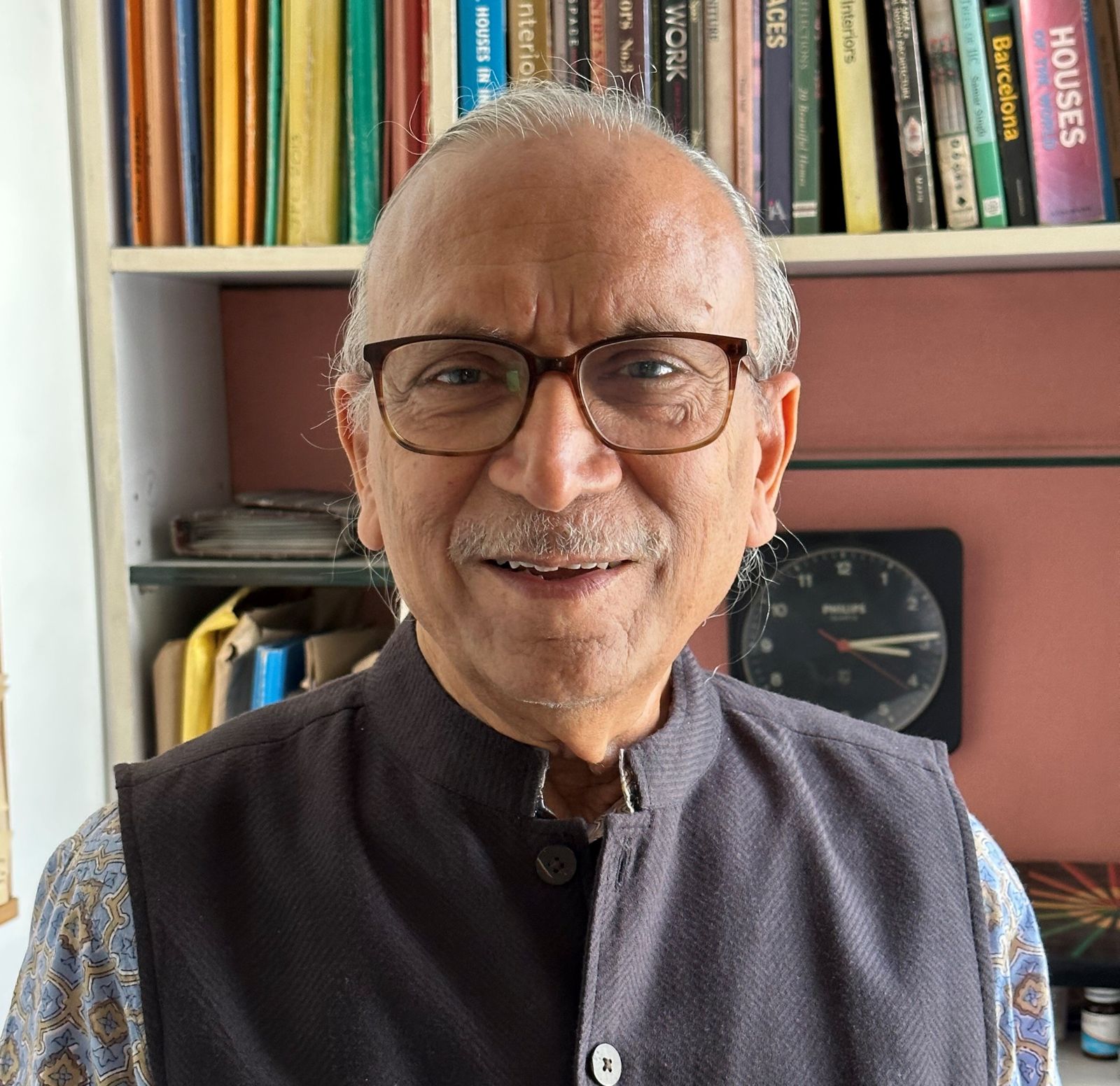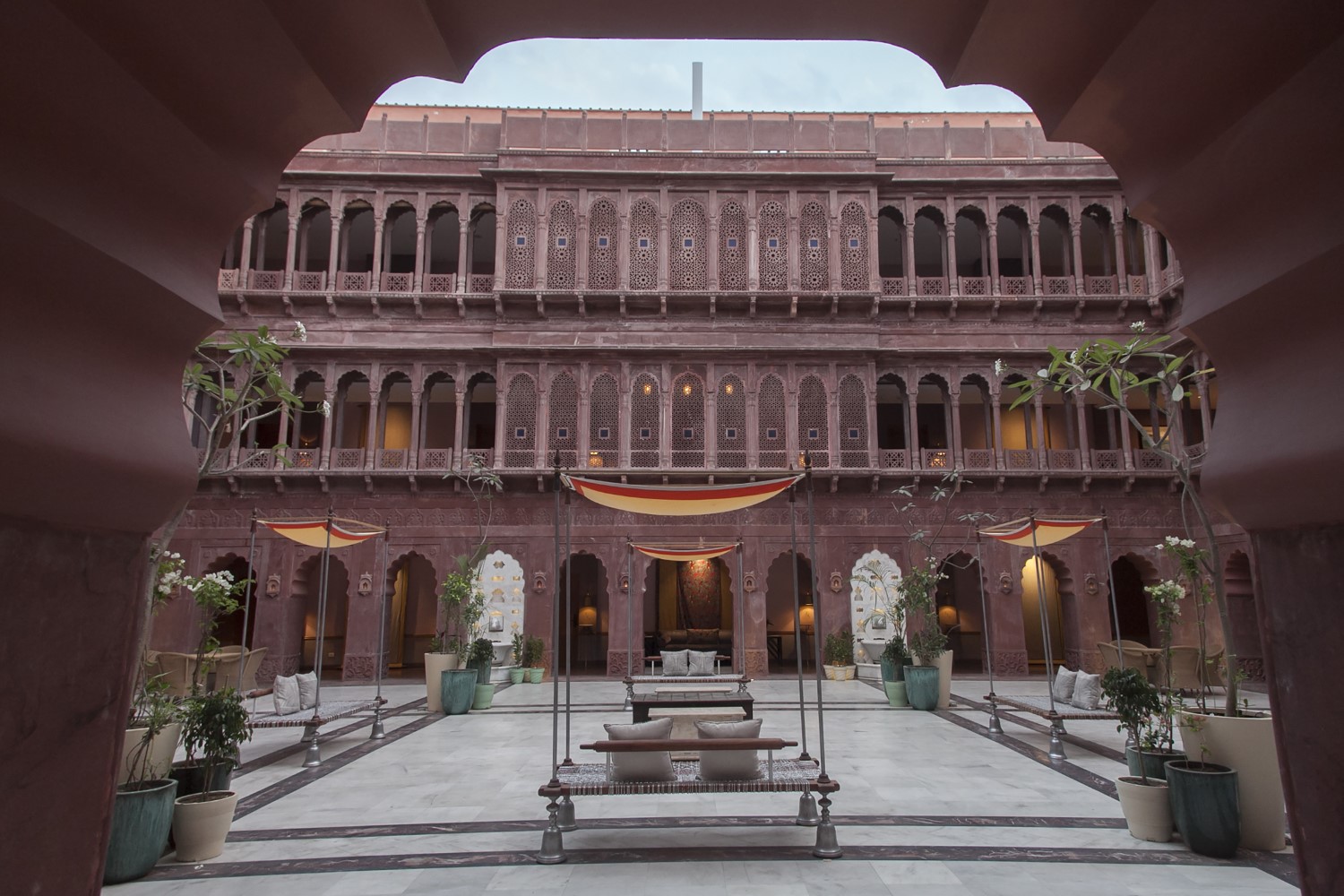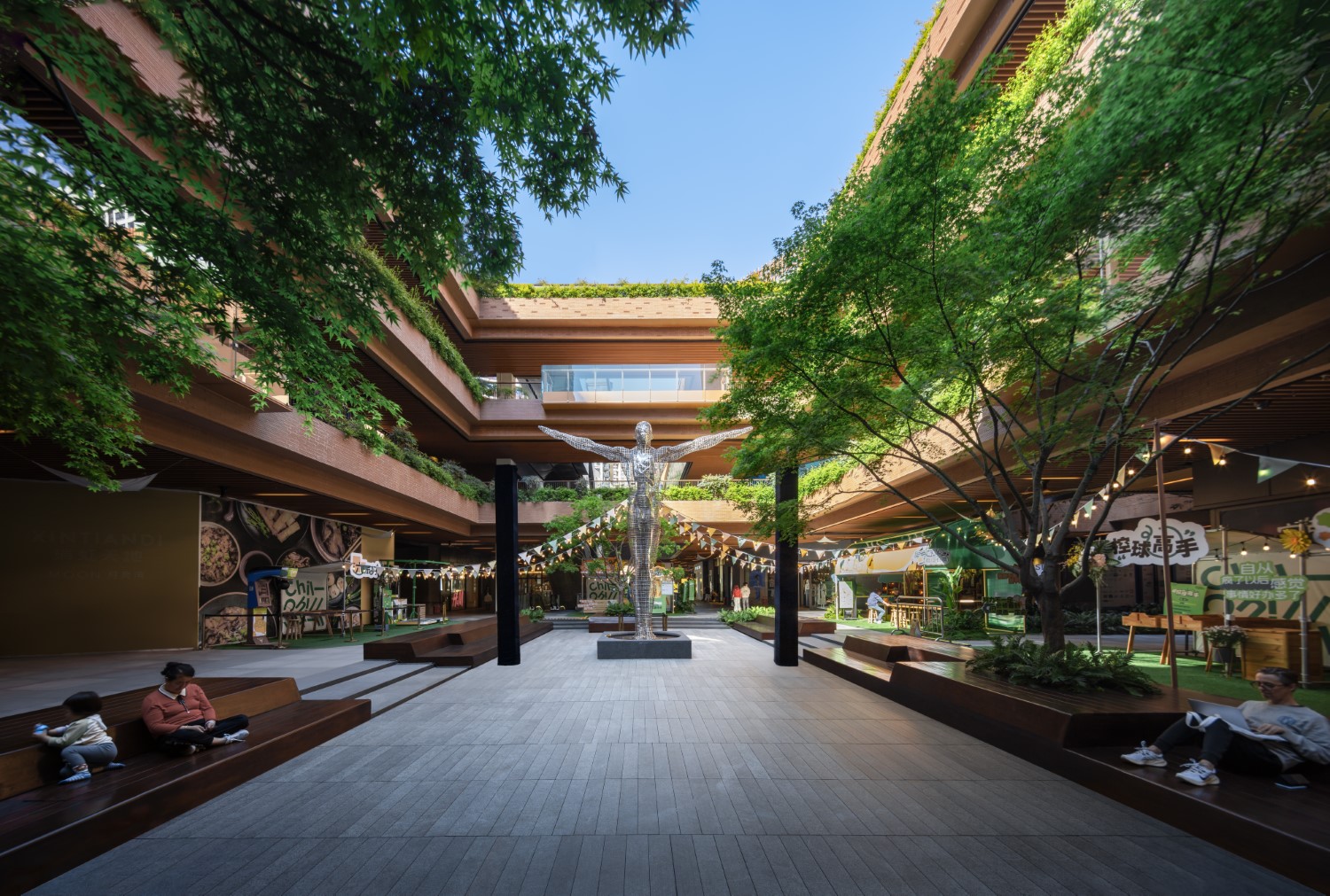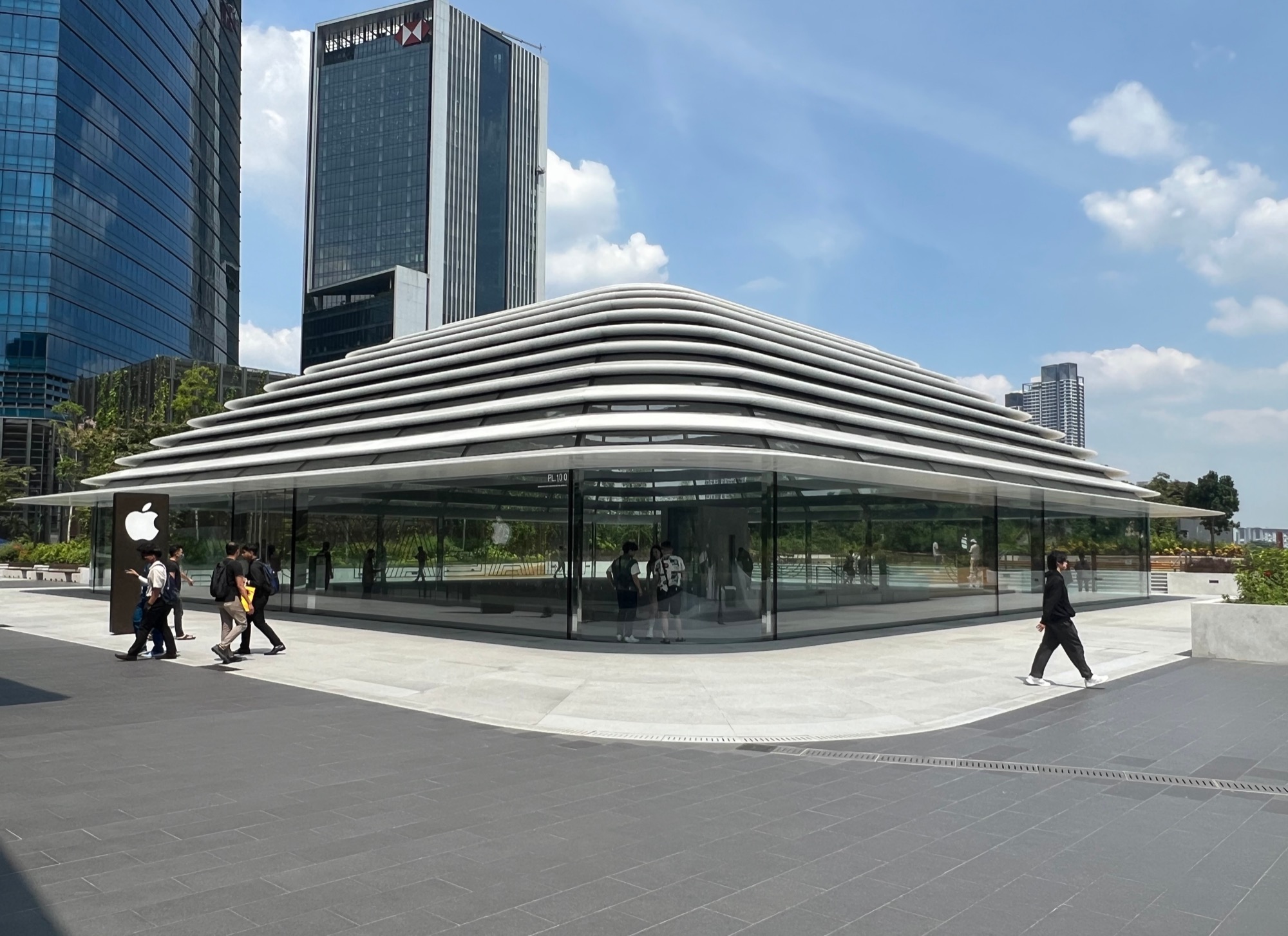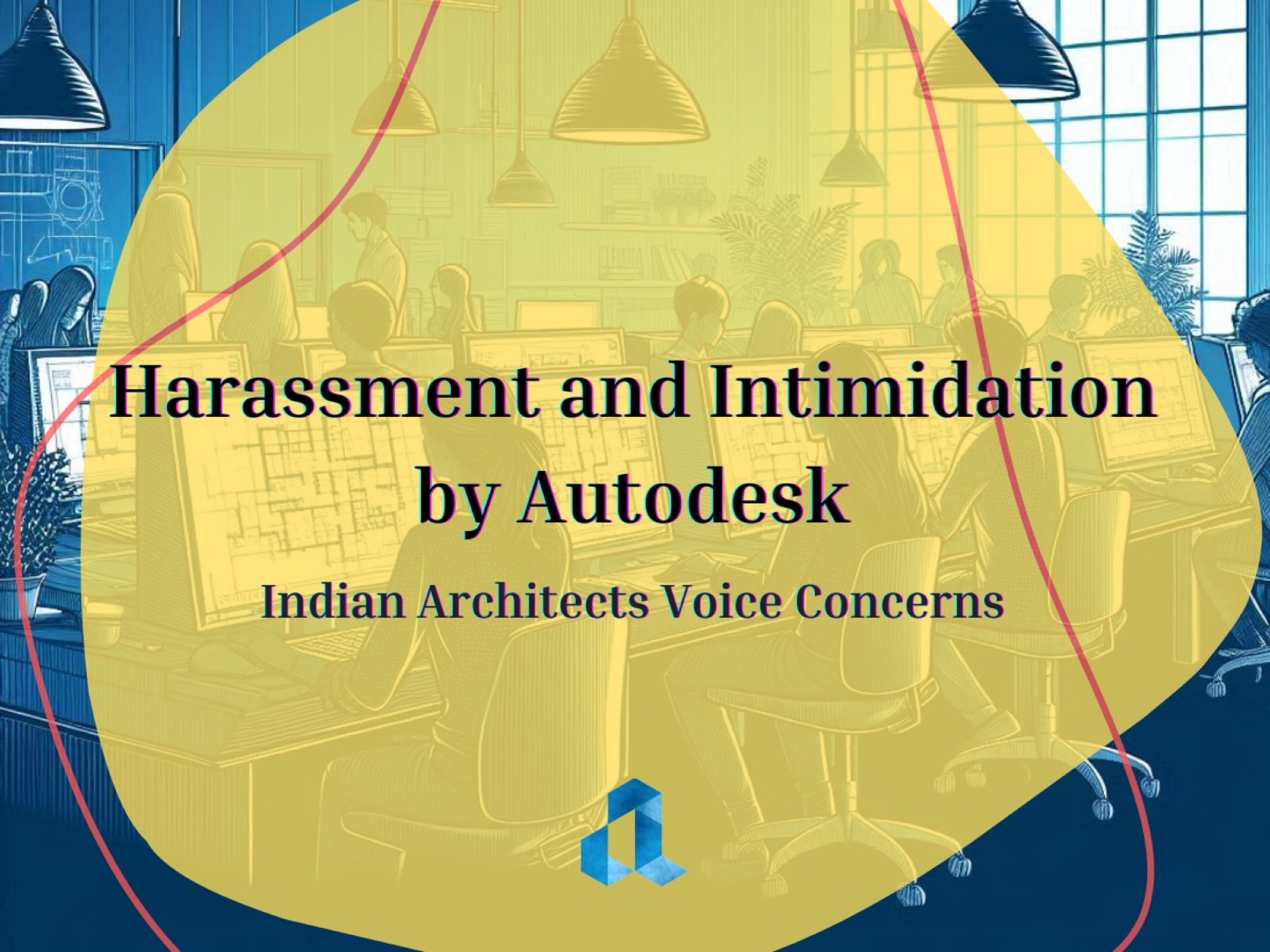Sudipto Ghosh replies to Shirish Beri’s open letter to students and teachers, where he asked whether architecture of goodness can be taught, and several other questions.
Dear Prof. Beri
Thank you for raising the issue that has bothered all of us from time to time. Your lamentations regarding the present state of architecture are not unfounded.
I want to respond to your point regarding ‘the single-minded pursuit of money’. We are all dependent on the transactional part of our profession that allows us to survive, raise our children and save for retirement. However, some of us (I stand guilty as well) have naively harboured a secret pride in a general lack of business-sense and the mishandling of the ‘business’ of architecture.
A dogged pursuit of design excellence without consideration of time and remuneration has sat antagonistically across the table from a practice of kickbacks, undercutting and neglect without harbouring any thought towards the possibility of a third alternative.
That Louis Kahn died a pauper and in severe debt, is often glorified as the hallmark of a creative genius who could not rest his pencil for a second to spare a thought about his book of accounts. The result has been a notion in the minds of students that architects can only make money in one of two ways. First, by growing it as a business with hundreds of employees dishing out cookie-cutter designs, and second, by the general modus operandi of grabbing government projects by bidding with a fee that would force them to transact with contractors and vendors outside ethical parameters. I envy small, discerning firms who have maintained quality as much by rejecting problematic clients and sticking to their standard of fees as by hand-picking their employees (and paying them what every architect who is passionate and industrious ought to be paid). Unfortunately, most offices are not so since B.Arch programs miss informing the students on how to run an architectural practice effectively. And therefore my theory is that
..it is not a business-mindedness that forces architects to become ‘commercial’ but in fact the lack of a business sense that forces them to seek alternatives that help them pay salaries and repay education loans.
I am also going to attempt a response to the question regarding the architecture of goodness, and if such a program of social change might be taught. Aren’t architects supposed to be at the heart of society, bringing about positive change through structural thinking that is also innovative? Which set of people, after all, are better suited to understand the needs of society than architects who are often also well-read in other disciplines? However, isn’t this the very rationale in the hands of ‘visionary’ politicians and administrators that ensures we are stuck with some very poor urban spaces in the name of world-class cities? Are we really equipped to change society? What if we stick to what we know (and clearly by the state of leaky buildings, poor lighting and terrible climate response some of us have catching up to do), and hope that a building, well put together with comfortable, well-lit spaces will give back enough goodness to society to bring about change from within rather than without? This is not to say that the process of design must remain aloof from societal participation. The design must become a collaborative process, where many voices, particularly those that often remain unheeded, are heard. Modernism’s social agenda caught many traditional societies off-guard. Some of them lost, overnight, the carefully crafted bond between society and architecture, to visions of universality; one, that in retrospect, has been unabashedly Eurocentric, racist and patriarchal. Must architects not be cautious than to take on the mantle of social do-gooders? If at all, must we not start by joining our communities to improve parks, find places for children to play or old people to cross streets without necessarily wearing the architect’s badge all the time?
Finally, I would like to add my thoughts to the essential point you have raised regarding the state of education and its future prospects in the face of Artificial Intelligence.
My own teaching philosophy emerges from a fundamental belief that students are not empty receptacles into which knowledge can be poured. Every student brings ideas gleaned from their upbringing amidst families and communities that have associations with places. These experiences that become the fertile ground for the seed of individual learning is also that terrain that shapes and enriches academia.
In the face of rapid changes in our profession, I feel faculty may or may not necessarily be able to become the repository of relevant knowledge that students could tap. Instead, all attempts at education must shift from teaching curriculum to teaching how to learn and synthesise knowledge which is abundantly available to those willing to seek it. The aspect of individual experiences, memories, and predilections is what will eventually enrich and personalise the design. These, we shall soon realise, are the only thing that will hold meaning in days to come.
Thank you once again for raising these issues and starting a dialogue with the fraternity.

